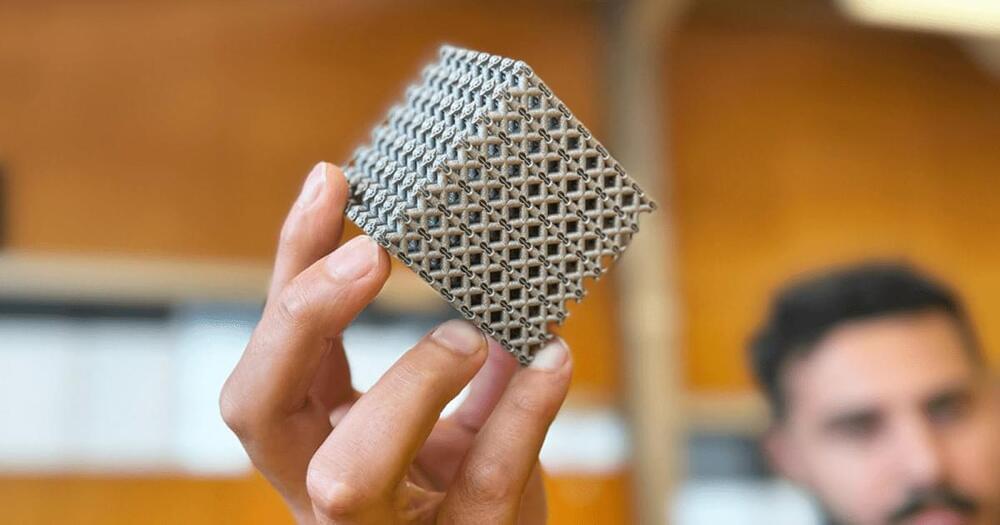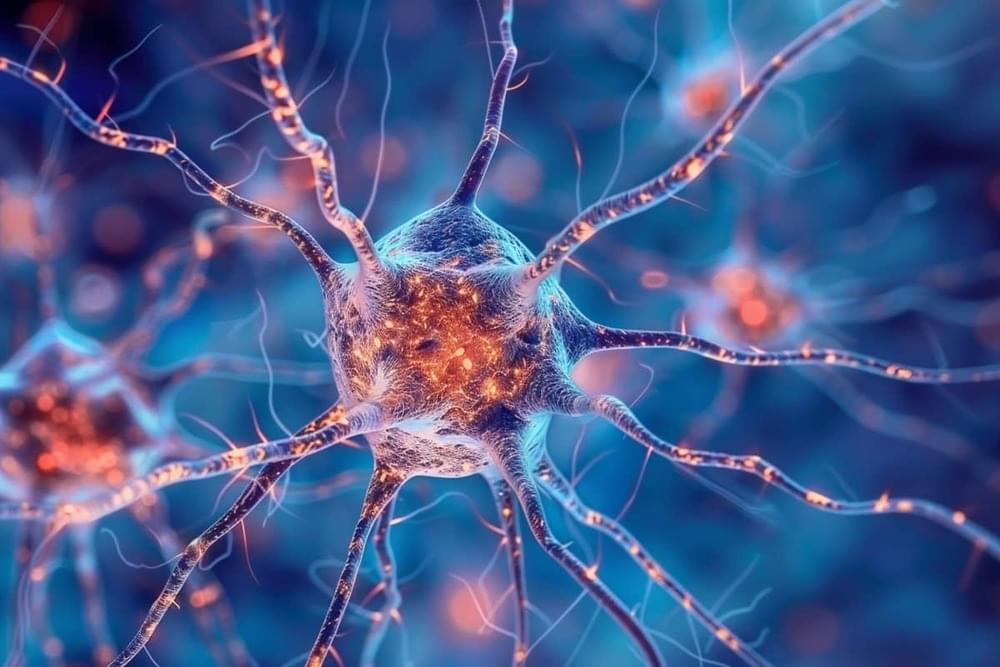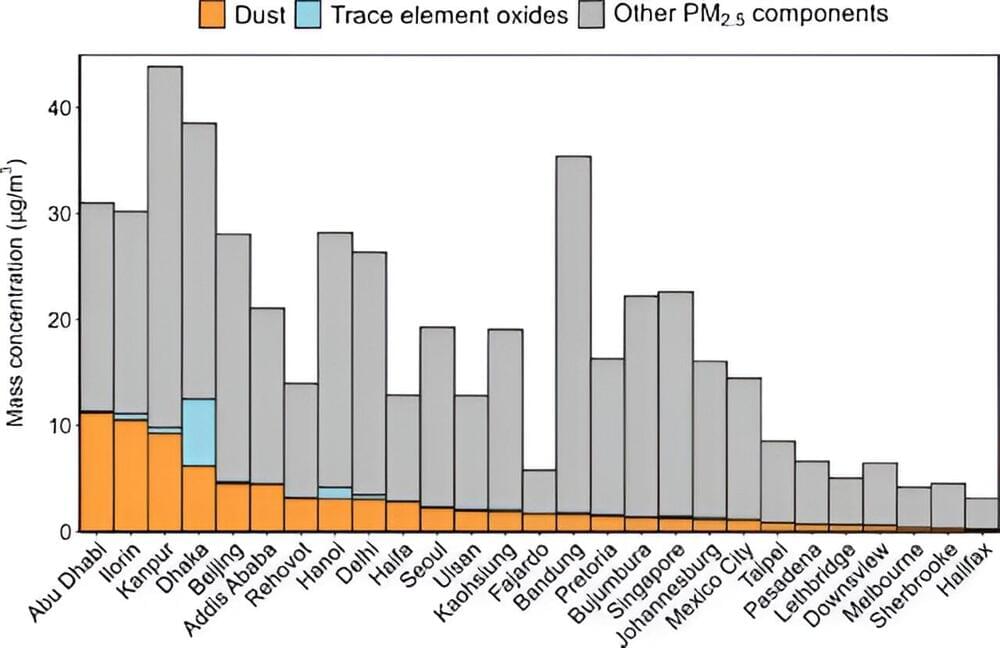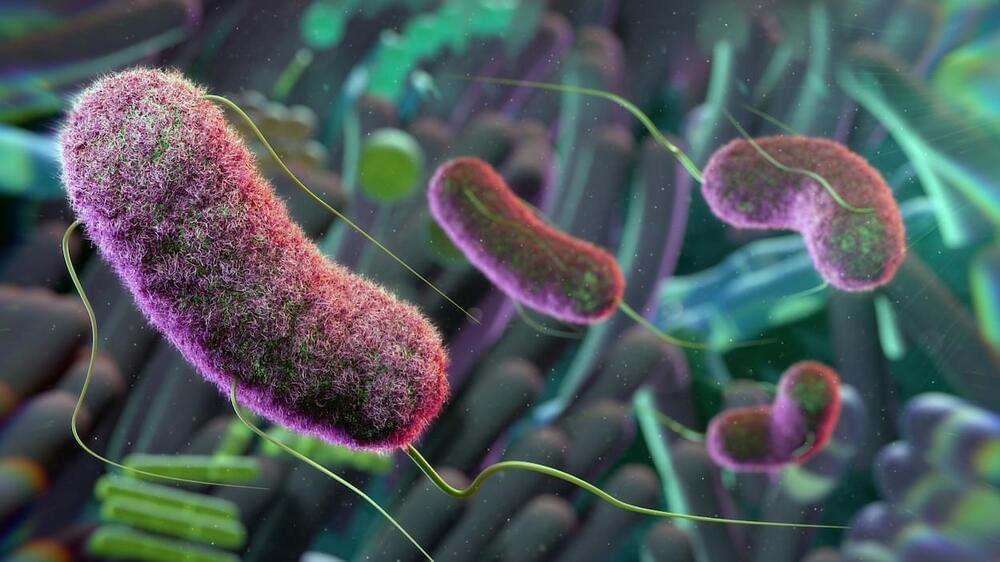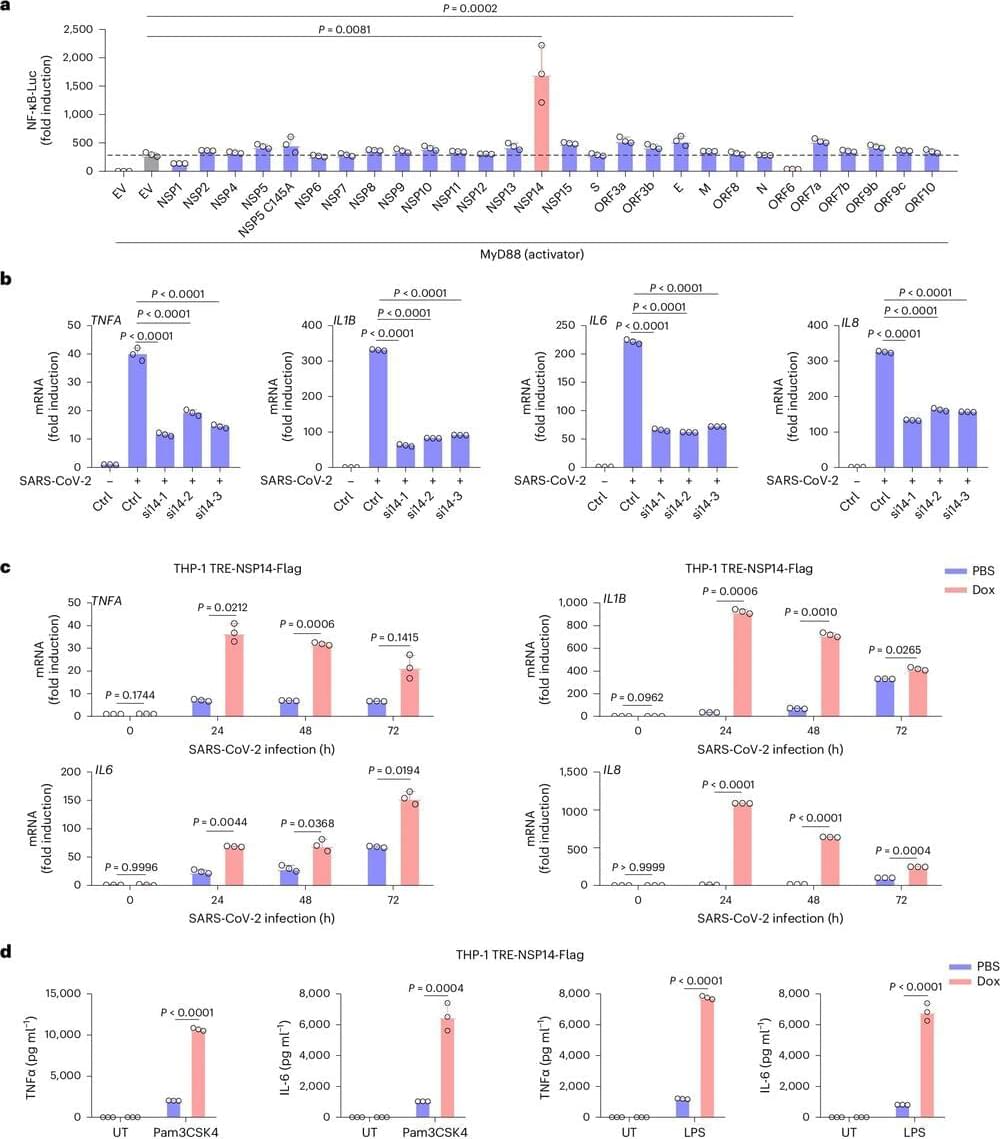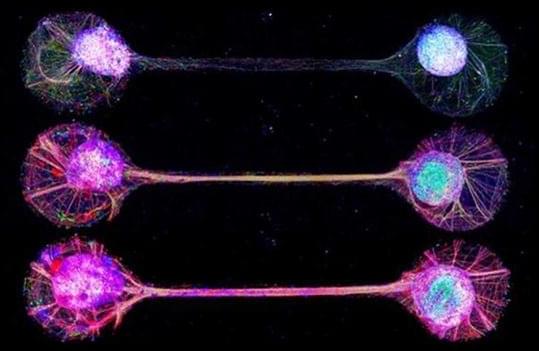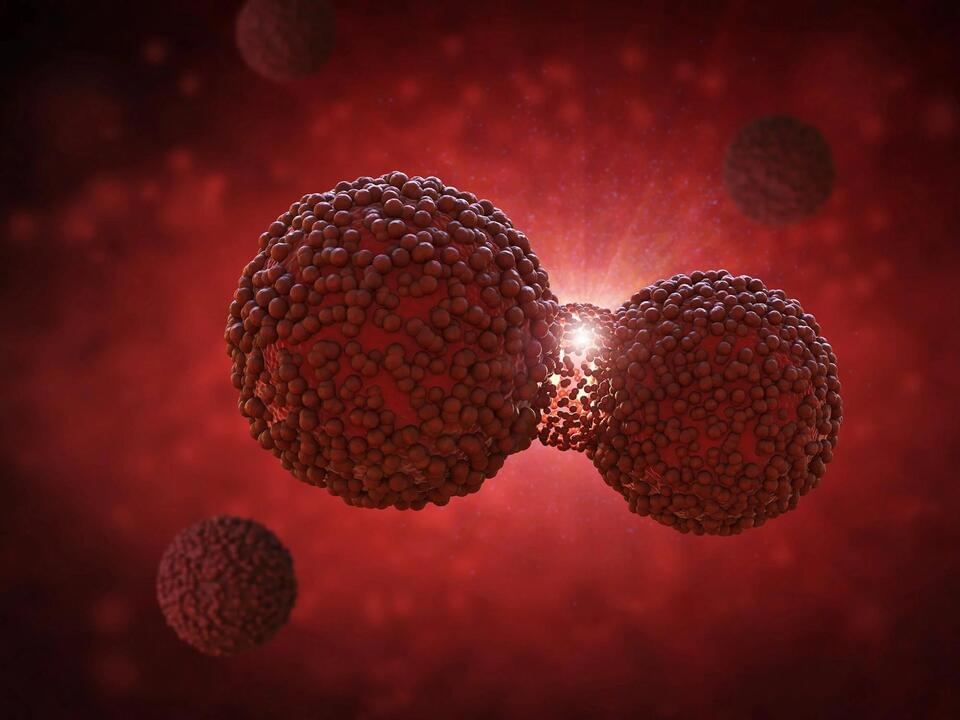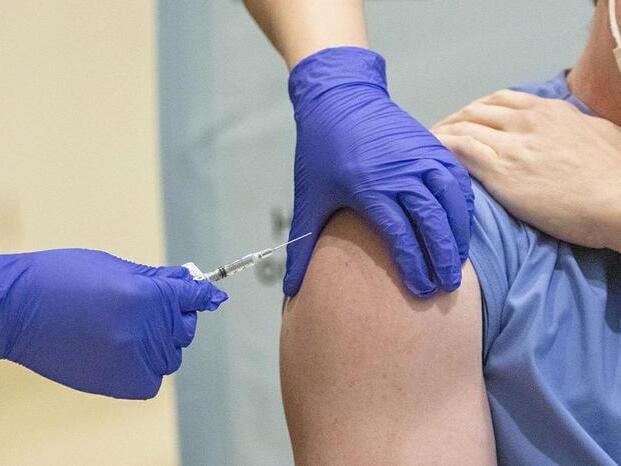What’s the optimal way to dose a longevity drug like rapamycin? Nils Osmar looks at some different studies that provide a possible answer:
It’s worth noting that mTORC2 is not directly inhibited by rapamycin under most circumstances, but can be under some. Some studies have found that after prolonged use, rapamycin can also begin inhibiting mTORC2 (see study: Alternative rapamycin treatment regimens mitigate the impact of rapamycin on glucose homeostasis and the immune system).
So taking breaks from rapamycin may also be beneficial.
Could taking some time off undermine rapamycin’s anti-aging benefits? It’s hard to know for sure, because people are so long-lived there’s no way to test its effects on human aging directly. But in mice, at least, it’s been found that administering rapamycin for two weeks out of every four can still significantly extend lifespan (see study: Alternative rapamycin treatment regimens mitigate the impact of rapamycin on glucose homeostasis and the immune system).

